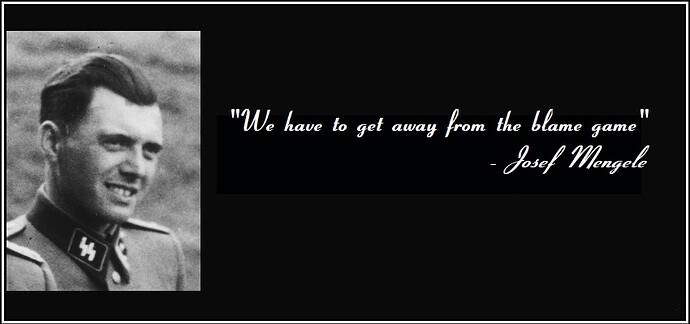@catsmeow23 Coincidentally, I also completed a paralegal course, though I never worked in the legal profession. I’m aware of the concept of standing, etc. I’m certainly not expecting most of the moral or actual (as legally defined) criminals to be prosecuted. Of those who may one day be prosecuted, I don’t necessarily expect all or most to be meaningfully sanctioned by a court, if sanctioned at all.
I’d submit that, especially where politics is involved, the most important court is the court of public opinion. If society at large disapproves of, shuns, stops listening to, and stops trusting the people who committed, or were complicit in committing, atrocities that lead to mass death, disability, loss of freedom, and financial disaster, then it doesn’t matter as much whether those responsible are prosecuted.
What I’d say is RFK Jr. needs to call out the responsible parties as having knowingly engineered or been complicit in something that lead to widespread death, disability, hardship, and trauma, and that they deserve blame for those things.
Though I’m skeptical about prosecutions, I will say this: One thing I remember from the lawyers and professors who taught my paralegal courses is that the judge is king in his courtroom. I’ve also learned from observation that, on many issues, judges tend to hand down rulings based not on the letter or spirit of the law, but on the outcome they personally want to see. It’s also true that (besides being swayed by bribery, blackmail, partisanship, and cronyism) judges can be swayed by public opinion. If large portions of society come to see the people behind the recent mass atrocity as morally criminal, then maybe there’s a chance a few judges will be swayed by that popular sentiment.

